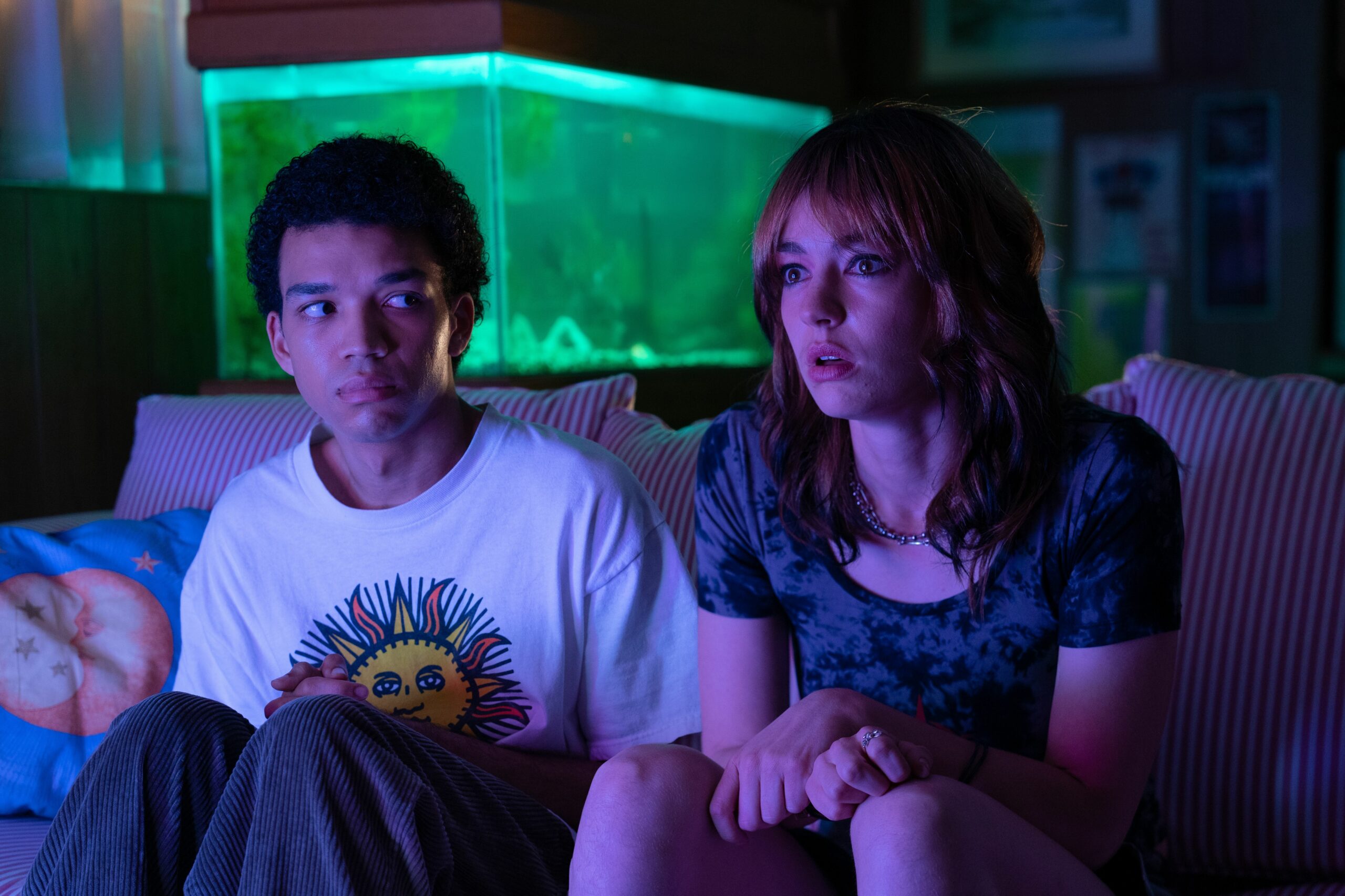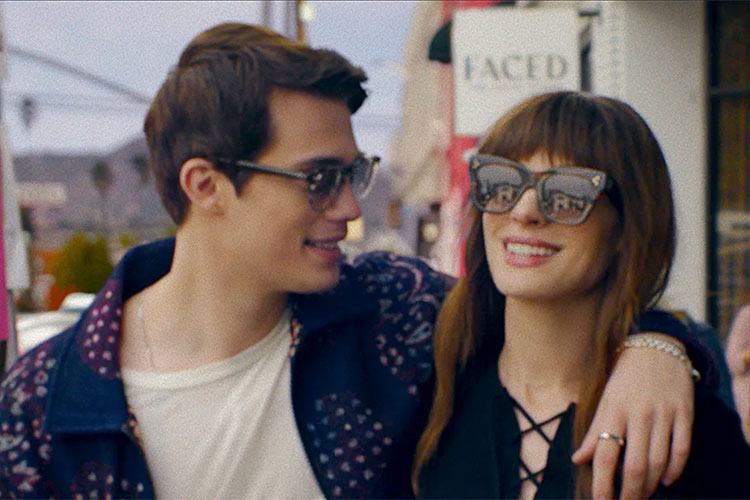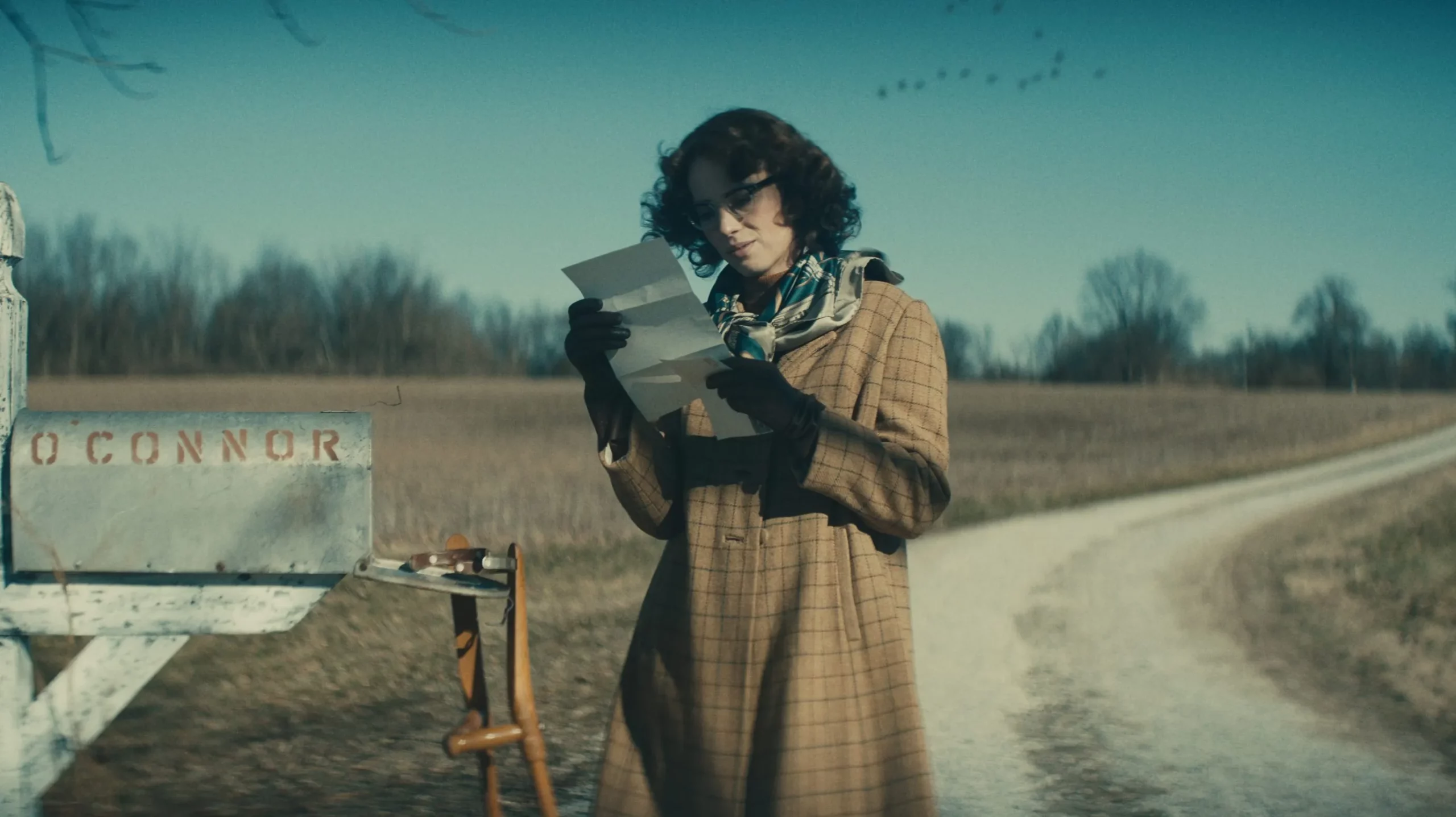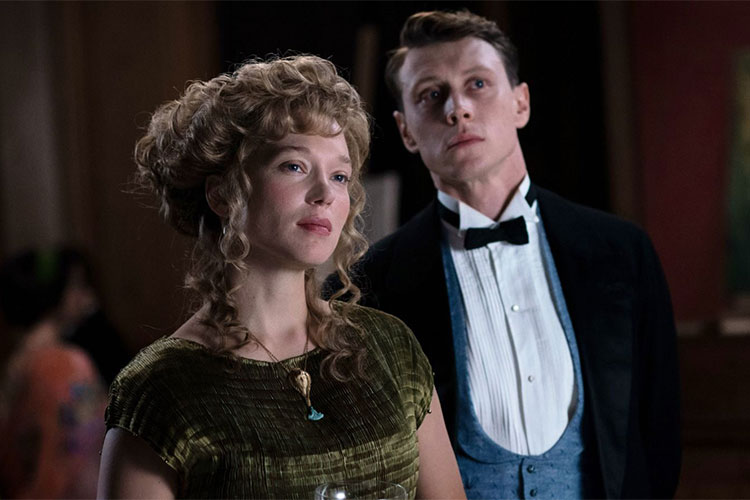Speaking of actually having a greater scale and a greater budget, what was the coolest special effect that you got to deploy in this film?
JS: I mean, I loved making the monsters. From the very beginning, I remember thinking, for the next film? Let’s go monsters.





